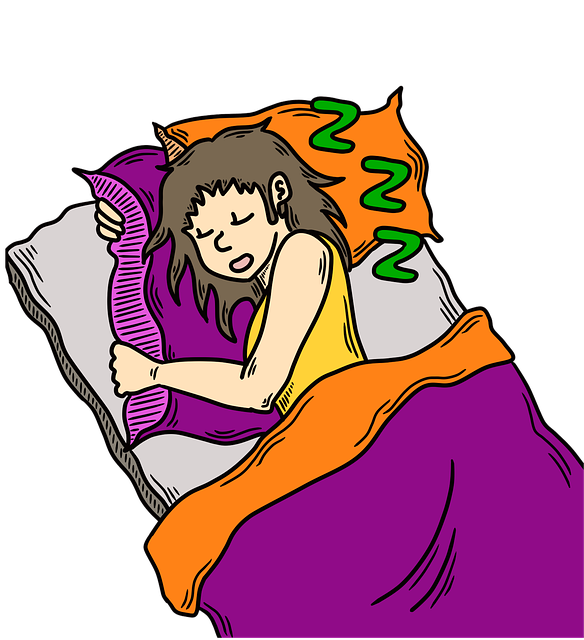High-dose melatonin supplementation, popular for sleep regulation, carries significant risks including headaches, nausea, fatigue, anxiety, and circadian rhythm disruptions. Long-term or high-dosage use may lead to adverse effects, especially in individuals with pre-existing health conditions. Melatonin can interact with medications, posing additional dangers. Due to lack of robust long-term research, users should exercise caution and consult healthcare providers before attempting melatonin therapy, especially without medical supervision. Common side effects include sleep disturbances and disrupted circadian rhythms. Immediately discontinue use if severe symptoms occur and monitor body's response vigilantly. Starting with lowest effective dose under professional guidance is recommended to minimize risks.
“High-dose melatonin supplementation has gained popularity for its potential sleep benefits, but it’s not without risks. This article delves into the potential dangers and side effects associated with taking high levels of melatonin, including common symptoms like nausea, grogginess, and disrupted circadian rhythms. We explore mitigating strategies and emphasize when to seek medical advice. Understanding these considerations is crucial for navigating the safe use of high-dose melatonin supplements.”
- Potential Risks and Dangers of High-Dose Melatonin Supplementation
- Common Side Effects to Look Out For
- Mitigating Strategies and When to Seek Medical Advice
Potential Risks and Dangers of High-Dose Melatonin Supplementation

High-dose melatonin supplementation, while sometimes sought after for its potential sleep-regulating properties, carries significant risks and dangers that are often overlooked. Studies have identified several adverse effects associated with long-term or high-dosage use, particularly in individuals with pre-existing health conditions. These side effects can include headaches, nausea, fatigue, increased anxiety, and disruptions to circadian rhythm—the body’s natural sleep-wake cycle. Moreover, high doses of melatonin may interact with certain medications, potentially leading to unwanted consequences.
Given the lack of robust long-term research on high-dose melatonin safety, it is crucial for individuals to exercise caution. Unregulated supplementation can pose risks, especially when taken without medical supervision. Those considering melatonin therapy should first consult a healthcare provider who can assess their individual needs and determine if melatonin is a safe and appropriate treatment option.
Common Side Effects to Look Out For

High-dose melatonin, while potentially offering benefits for certain health conditions, isn’t without its risks and side effects. Common complaints include sleep disturbances, headaches, and fatigue. Some users may experience gastrointestinal issues like nausea or stomach discomfort. Additionally, high doses can disrupt natural circadian rhythms, leading to daytime drowsiness or insomnia at unusual times.
It’s crucial to monitor your body’s response closely when taking high-dose melatonin. If any concerning symptoms arise, such as severe allergies, rapid heartbeat, or anxiety, discontinue use immediately and consult a healthcare professional. Remember that individual reactions can vary, so what may be a minor side effect for one person could be more serious for another.
Mitigating Strategies and When to Seek Medical Advice

When considering high-dose melatonin, it’s crucial to be aware that side effects can include grogginess, headache, and disrupted sleep patterns. To mitigate these risks, it’s essential to start with the lowest effective dose and gradually increase as needed, under professional guidance. Additionally, maintaining a consistent sleep schedule, practicing good sleep hygiene, and combining melatonin with other supplements or therapies only under medical supervision can help minimize potential adverse effects.
If you experience persistent or severe high-dose melatonin side effects, or if your sleep issues persist despite adjusting dosage, it’s important to seek medical advice. A healthcare provider can offer tailored solutions, reassess your treatment plan, and ensure that melatonin supplementation is safe and effective for your specific needs.
While high-dose melatonin may offer potential benefits for certain individuals, it’s crucial to be aware of its risks and side effects. As with any supplement, consulting a healthcare professional before trying high-dose melatonin is essential. Always monitor your body’s response and be vigilant for any adverse reactions. If concerns arise, seek medical advice promptly to ensure safe and informed use of this powerful hormone.

